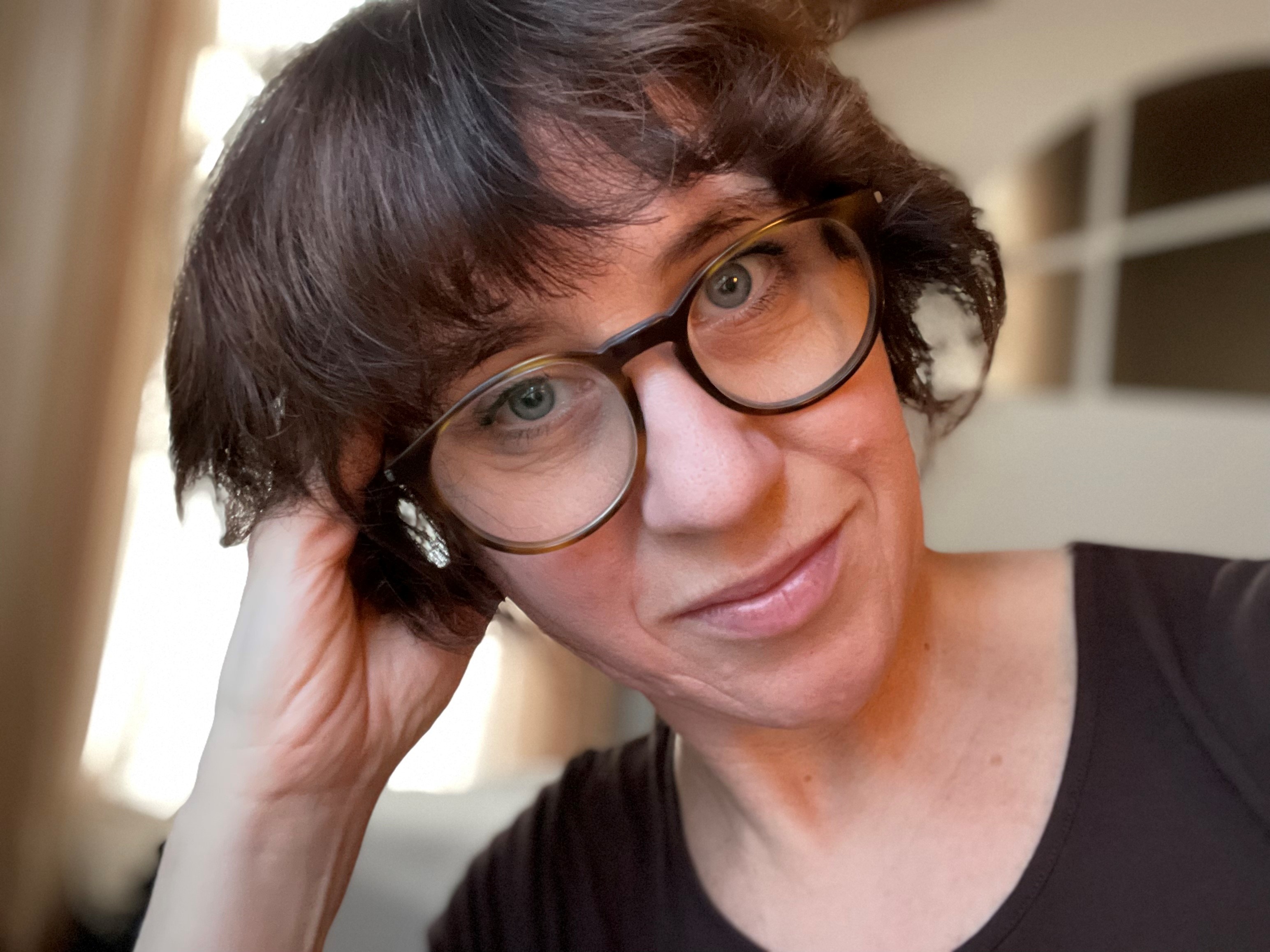Petra Bauer: Who Holds the Story? Solidarity, Cinema, and the Spaces Between Words
Hosted by the School of Communication and Arts and The UQ Art Museum
Who holds the story?
Who listens — and how?
What happens when cinema stops trying to explain?
In this public lecture, artist and filmmaker Petra Bauer reflects on a decade of feminist filmmaking grounded in community practice, collective authorship, and the ethics of listening. Taking departure from Chantal Akerman’s seminal film Jeanne Dielman, 23 quai du Commerce, 1080 Bruxelles, Bauer asks not what became of Jeanne — but what became of the political and aesthetic space she once occupied.
Through her films Sisters!, Workers!, and fifteen zero three nineteenth of january two thousand sixteen, Bauer traces a movement: from the solitary domestic figure toward forms of shared struggle, care, and cinematic attention. These are films that do not seek to master or explain. They do not speak for. Instead, they listen. They shift. They carry.
Drawing on her long-term collaborations with feminist networks and women’s self-organized movements, Bauer explores how filmmaking can become a way of being with others — not as a neutral observer, but as a co-presence shaped by accountability, conflict, rhythm, and relation.
How might we practice filmmaking that holds space rather than occupying it?
What kinds of stories emerge when narration is suspended — when silence, gesture, or ambient presence take the lead?
This lecture opens a constellation of reflections that connect cinema, solidarity, and the poetics of refusal. It also forms a prelude to Bauer’s participatory workshop “The Quiet is Not Silent” (held the following day), where listening is explored not only as a sensory act, but as an artistic and political method.
Banner Image: Still from Workers! Showing walls decorated with posters, by Petra Bauer and SCOT PEP. 2018. (Courtesy the artists).
Presenter
 Petra Bauer is an artist, filmmaker and Professor in Film & Media with a responsibility for the Profile Area Art Technology and Materiality at the Stockholm University of the Arts.
Petra Bauer is an artist, filmmaker and Professor in Film & Media with a responsibility for the Profile Area Art Technology and Materiality at the Stockholm University of the Arts.
In her artistic practice and research, Bauer is interested in how we can approach film as a space for social and political explorations.
Her work addresses how women organise, resist and refuse, using both aesthetics and politics. Bauer has formed long-term collaborations with several different feminist organisations including Southall Black Sisters in London, the sex worker led organisation SCOT-PEP, Edinburgh and The Women’s Centre in Tensta-Hjulsta, Stockholm.
She was one of the initiators of the feminist platform k.ö.k (Women Desire Collectivity). In the last few years she has been working on a four part film series that takes the figure of Jeanne Dielman, a character in Chantal Akerman’s film Jeanne Dielman, 23 Quai du Commerce, 1080 Bruxelles (1975), as a point of departure.
The latest film in this series is Fifteen zero three nineteenth of january two thousand sixteen, made in collaboration with Marius Dybwad. The film explores how everyday routines and gestures are transformed when a mother loses her child in the violence that has impacted the Swedish outskirts since the early 2000s. This film depicts the way a home can hold both mourning and resistance.
Event Details
Event Date: Thursday 7 August 2025
Event Time: 5.45pm for a 6pm start. Lecture 6—7pm, Reception 7—8pm.
Event Location: UQ Art Museum, St Lucia Campus (view map). Find out more about accessibility.
This free event also includes drinks and canapés.
About the Daphne Mayo Public Lecture
To honour and commemorate the life of one of Queensland’s most prominent artists and arts educators, the School of Communication and Arts at The University of Queensland, has established the Daphne Mayo Visiting Fellowship. The Visiting Professorship is now a catalyst for dialogue and debate not only about art but also about art museums and galleries and art collecting and appreciation in the State. Each year, a major world figure will visit Brisbane to speak about the latest trends, influences, and theories in their area of visual culture.
Daphne Mayo (1895-1982) was for much of her life Queensland’s best known artist and passionate advocate for the arts. Her work includes the Tympanum on the Brisbane City Hall and the Women’s War Memorial in Anzac Square. She was a trustee of the Queensland Art Gallery 1960–1967, established an art reference library now at The University of Queensland, and left her private papers to UQ’s Fryer Library.
